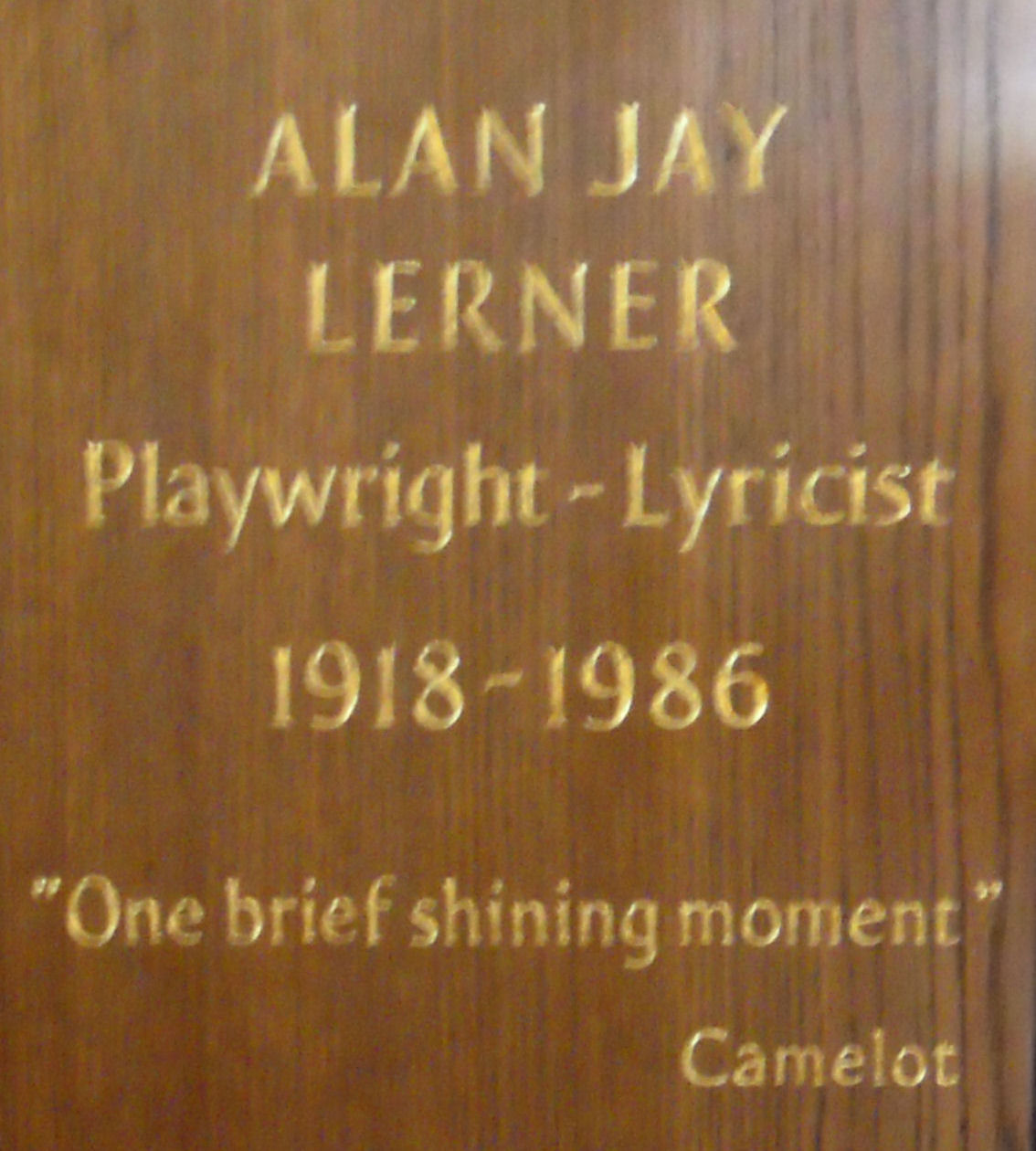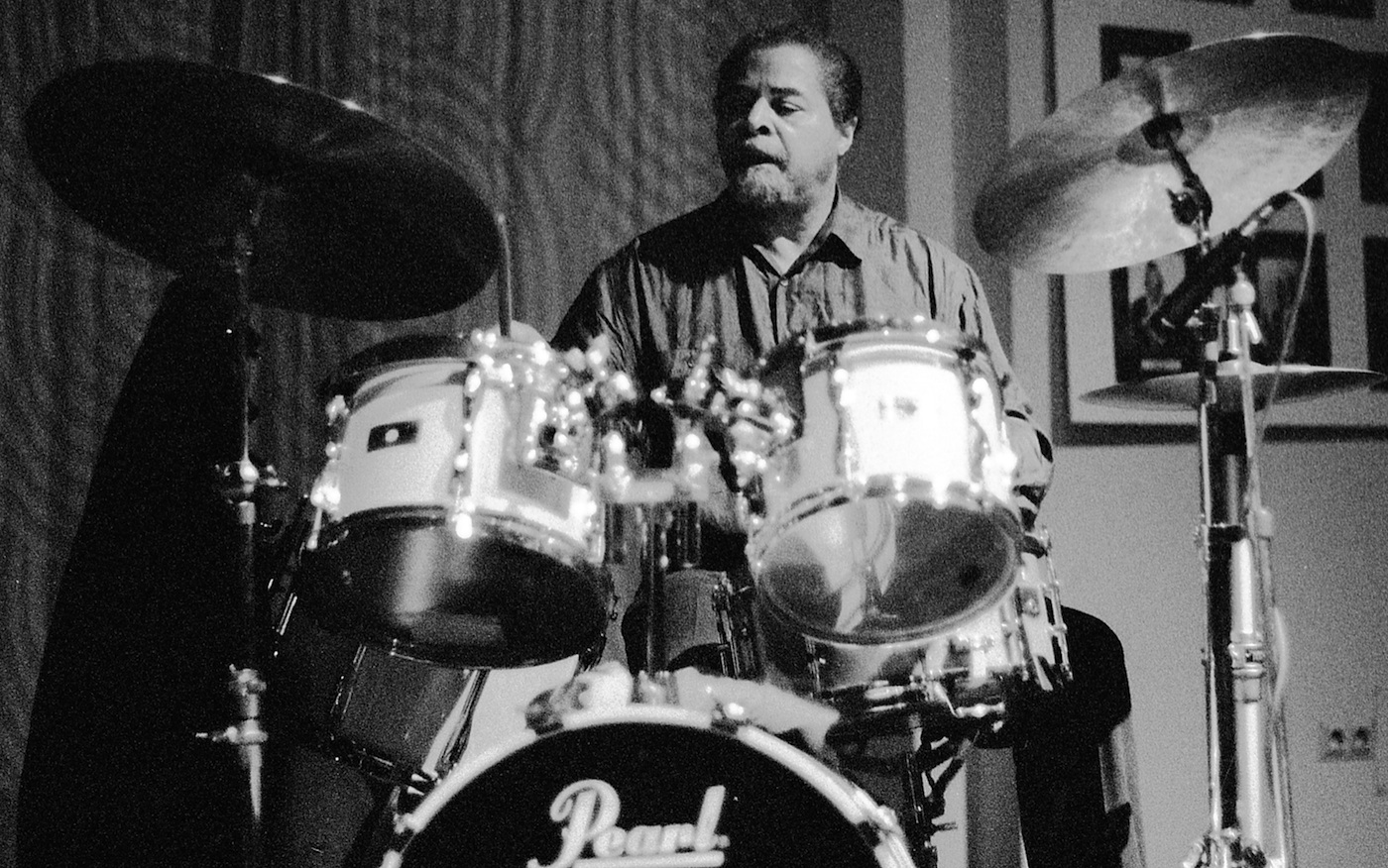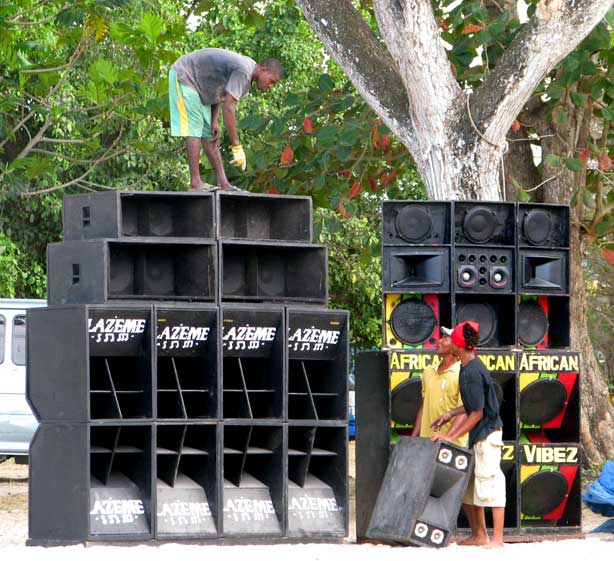|
Full House (Wes Montgomery Album)
''Full House'' is an album by the jazz guitarist Wes Montgomery, released in 1962. History The performance was recorded live at Tsubo in Berkeley, California, on June 25, 1962. The session featured a quintet that included Wynton Kelly on piano, Johnny Griffin on tenor saxophone, Paul Chambers on bass, and Jimmy Cobb on drums. The album was released on the Riverside Records label. A 1987 CD reissue in the Original Jazz Classics series was followed by a later reissue in 2007 featuring additional bonus tracks. Track listing Original issue # "Full House" (Wes Montgomery) – 9:14 # " I've Grown Accustomed to Her Face" ( Alan Jay Lerner, Frederick Loewe) – 3:18 # "Blue 'n' Boogie" ( Dizzy Gillespie, Frank Paparelli) – 9:31 # "Cariba" (Wes Montgomery) - 9:35 # "Come Rain or Come Shine" ( Johnny Mercer, Harold Arlen) – 6:49 # "S.O.S." (Montgomery) – 4:57 1987 CD #"Full House" (Wes Montgomery) - 9:16 #"I've Grown Accustomed to Her Face" (Lerner, Loewe) - 3:29 #"Blue 'N' ... [...More Info...] [...Related Items...] OR: [Wikipedia] [Google] [Baidu] |
Wes Montgomery
John Leslie "Wes" Montgomery (March 6, 1923 – June 15, 1968) was an American jazz guitarist. Montgomery was known for an unusual technique of plucking the strings with the side of his thumb and his extensive use of octaves, which gave him a distinctive sound. Montgomery often worked with his brothers Buddy (Charles F.) and Monk (William H.) and with organist Melvin Rhyne. His recordings up to 1965 were oriented towards hard bop, soul jazz, and post bop, but around 1965 he began recording more pop-oriented instrumental albums that found mainstream success. His later guitar style influenced jazz fusion and smooth jazz. Biography Montgomery was born in Indianapolis, Indiana. According to NPR, the nickname "Wes" was a child's abbreviation of his middle name, Leslie. The family was large, and the parents split up early in the lives of the children. Montgomery and his brothers moved to Columbus, Ohio, with their father and attended Champion High School. His older brother Monk dropped ... [...More Info...] [...Related Items...] OR: [Wikipedia] [Google] [Baidu] |
Wynton Kelly
Wynton Charles Kelly (December 2, 1931 – April 12, 1971) was an American jazz pianist and composer. He is known for his lively, blues-based playing and as one of the finest accompanists in jazz. He began playing professionally at the age of 12 and was pianist on a No. 1 R&B hit at the age of 16. His recording debut as a leader occurred three years later, around the time he started to become better known as an accompanist to singer Dinah Washington, and as a member of trumpeter Dizzy Gillespie's band. This progress was interrupted by two years in the United States Army, after which Kelly worked again with Washington and Gillespie, and played with other leaders. Over the next few years, these included instrumentalists Cannonball Adderley, John Coltrane, Hank Mobley, Wes Montgomery, and Sonny Rollins, and vocalists Betty Carter, Billie Holiday, and Abbey Lincoln. Kelly attracted the most attention as part of Miles Davis' band from 1959, including an appearance on the trumpete ... [...More Info...] [...Related Items...] OR: [Wikipedia] [Google] [Baidu] |
Dizzy Gillespie
John Birks "Dizzy" Gillespie (; October 21, 1917 – January 6, 1993) was an American jazz trumpeter, bandleader, composer, educator and singer. He was a trumpet virtuoso and improviser, building on the virtuosic style of Roy Eldridge but adding layers of harmonic and rhythmic complexity previously unheard in jazz. His combination of musicianship, showmanship, and wit made him a leading popularizer of the new music called bebop. His beret and horn-rimmed spectacles, scat singing, bent horn, pouched cheeks, and light-hearted personality provided one of bebop's most prominent symbols. In the 1940s, Gillespie, with Charlie Parker, became a major figure in the development of bebop and modern jazz. He taught and influenced many other musicians, including trumpeters Miles Davis, Jon Faddis, Fats Navarro, Clifford Brown, Arturo Sandoval, Lee Morgan, Chuck Mangione, and balladeer Johnny Hartman. He pioneered Afro-Cuban jazz and won several Grammy Awards. Scott Yanow wrote, "Dizzy ... [...More Info...] [...Related Items...] OR: [Wikipedia] [Google] [Baidu] |
Blue 'n' Boogie
Blue 'n' Boogie is a 1944 jazz standard. It was written by Dizzy Gillespie and Frank Paparelli. It can be found on Gillespie's 1955 compilation album ''Groovin' High'', and was notably performed by trumpeter Miles Davis on ''Miles Davis All-Star Sextet'' (1954; later released as the first side of ''Walkin'''), guitarist Wes Montgomery on ''Full House'' (1962), and Sonny Rollins on '' Now's the Time'' (1964). See also *List of jazz standards A ''list'' is any set of items in a row. List or lists may also refer to: People * List (surname) Organizations * List College, an undergraduate division of the Jewish Theological Seminary of America * SC Germania List, German rugby union ... References 1940s jazz standards 1944 songs Bebop jazz standards Compositions by Dizzy Gillespie {{1940s-jazz-composition-stub ... [...More Info...] [...Related Items...] OR: [Wikipedia] [Google] [Baidu] |
Frederick Loewe
Frederick Loewe (, originally German Friedrich (Fritz) Löwe ; June 10, 1901 – February 14, 1988) was an Austrian-United States, American composer. He collaborated with lyricist Alan Jay Lerner on a series of Broadway musicals, including ''Brigadoon'', ''Paint Your Wagon (musical), Paint Your Wagon'', ''My Fair Lady'', and ''Camelot (musical), Camelot'', all of which were made into films, as well as the original film musical ''Gigi (1958 film), Gigi'' (1958), which was first Gigi (musical), transferred to the stage in 1973. Biography Loewe was born in Berlin (Charlottenburg), Germany, to Vienna, Viennese parents Edmund and Rosa Loewe. His father was a noted Jewish operetta star who performed throughout Europe and in North America, North and South America; he starred as Count Danilo in the 1906 Berlin production of ''The Merry Widow''. Loewe grew up in Berlin and attended a Prussian cadet school from the age of five until he was thirteen. At an early age Loewe learned to play ... [...More Info...] [...Related Items...] OR: [Wikipedia] [Google] [Baidu] |
Alan Jay Lerner
Alan Jay Lerner (August 31, 1918 – June 14, 1986) was an American lyricist and librettist. In collaboration with Frederick Loewe, and later Burton Lane, he created some of the world's most popular and enduring works of musical theatre both for the stage and on film. He won three Tony Awards and three Academy Awards, among other honors. Early life and education Born in New York City, he was the son of Edith Adelson Lerner and Joseph Jay Lerner, whose brother, Samuel Alexander Lerner, was founder and owner of the Lerner Stores, a chain of dress shops. One of Lerner's cousins was the radio comedian and television game show panelist Henry Morgan (comedian), Henry Morgan. Lerner was educated at Bedales School in England, Choate Rosemary Hall, The Choate School (now Choate Rosemary Hall) in Wallingford, Connecticut, (where he wrote "The Choate Marching Song") and Harvard University, Harvard. He attended both Camp Androscoggin and Camp Greylock. At both Choate and Harvard, Lerner ... [...More Info...] [...Related Items...] OR: [Wikipedia] [Google] [Baidu] |
Compact Disc
The compact disc (CD) is a Digital media, digital optical disc data storage format that was co-developed by Philips and Sony to store and play digital audio recordings. In August 1982, the first compact disc was manufactured. It was then released in October 1982 in Japan and branded as ''Compact Disc Digital Audio, Digital Audio Compact Disc''. The format was later adapted (as CD-ROM) for general-purpose data storage. Several other formats were further derived, including write-once audio and data storage (CD-R), rewritable media (CD-RW), Video CD (VCD), Super Video CD (SVCD), Photo CD, Picture CD, Compact Disc-Interactive (CD-i) and Enhanced Music CD. Standard CDs have a diameter of and are designed to hold up to 74 minutes of uncompressed stereo digital audio or about 650 mebibyte, MiB of data. Capacity is routinely extended to 80 minutes and 700 mebibyte, MiB by arranging data more closely on the same sized disc. The Mini CD has various diameters ranging from ; t ... [...More Info...] [...Related Items...] OR: [Wikipedia] [Google] [Baidu] |
Drum Kit
A drum kit (also called a drum set, trap set, or simply drums) is a collection of drums, cymbals, and other auxiliary percussion instruments set up to be played by one person. The player ( drummer) typically holds a pair of matching drumsticks, one in each hand, and uses their feet to operate a foot-controlled hi-hat and bass drum pedal. A standard kit may contain: * A snare drum, mounted on a stand * A bass drum, played with a beater moved by a foot-operated pedal * One or more tom-toms, including rack toms and/or floor toms * One or more cymbals, including a ride cymbal and crash cymbal * Hi-hat cymbals, a pair of cymbals that can be manipulated by a foot-operated pedal The drum kit is a part of the standard rhythm section and is used in many types of popular and traditional music styles, ranging from rock and pop to blues and jazz. __TOC__ History Early development Before the development of the drum set, drums and cymbals used in military and orchestral m ... [...More Info...] [...Related Items...] OR: [Wikipedia] [Google] [Baidu] |
Jimmy Cobb
Wilbur James "Jimmy" Cobb (January 20, 1929May 24, 2020) was an American jazz drummer. He was part of Miles Davis's First Great Sextet. At the time of his death, he had been the band's last surviving member for nearly thirty years. He was awarded an NEA Jazz Masters Fellowship in 2009. Early life Cobb was born in Washington, D.C. on January 20, 1929. Before he began his music career, he listened to jazz albums and stayed awake into the late hours of the night in order to listen to Symphony Sid broadcasting from New York City. Raised Catholic, he was also exposed to Church music. Cobb started his touring career in 1950 with the saxophonist Earl Bostic. He subsequently performed with vocalist Dinah Washington, pianist Wynton Kelly, saxophonist Cannonball Adderley, bassist Keter Betts, Frank Wess, Leo Parker, and Charlie Rouse. His website also recounts his gigs with Billie Holiday, Pearl Bailey, and Dizzy Gillespie that took place before 1957. Career Cobb joined Miles Da ... [...More Info...] [...Related Items...] OR: [Wikipedia] [Google] [Baidu] |
Bass Instrument
Bass ( ) (also called bottom end) describes tones of low (also called "deep") frequency, pitch and range from 16 to 256 Hz (C0 to middle C4) and bass instruments that produce tones in the low-pitched range C2-C4. They belong to different families of instruments and can cover a wide range of musical roles. Since producing low pitches usually requires a long air column or string, and for stringed instruments, a large hollow body, the string and wind bass instruments are usually the largest instruments in their families or instrument classes. Use in composition In musical compositions, such as songs and pieces, these are the lowest-pitched parts of the harmony. In choral music without instrumental accompaniment, the bass is supplied by adult male bass singers. For an accompanied choir, the bass is typically provided by pipe organ or piano (or if a choir can afford to hire one, by orchestra). In an orchestra, the basslines are played by the double bass and cellos, bassoon or ... [...More Info...] [...Related Items...] OR: [Wikipedia] [Google] [Baidu] |
Paul Chambers
Paul Laurence Dunbar Chambers Jr. (April 22, 1935 – January 4, 1969) was an American jazz double bassist. A fixture of rhythm sections during the 1950s and 1960s, he has become one of the most widely-known jazz bassists of the hard bop era. He was also known for his bowed solos. Chambers recorded about a dozen albums as a leader or co-leader, and over 100 more as a sideman, especially as the anchor of trumpeter Miles Davis's " first great quintet" (1955–63) and with pianist Wynton Kelly (1963–68). Biography Born in Pittsburgh, Pennsylvania on April 22, 1935, to Paul Lawrence Chambers and Margaret Echos. He was brought up in Detroit, Michigan following the death of his mother. He began playing music with several of his schoolmates on the baritone horn. Later he took up the tuba. "I got along pretty well, but it's quite a job to carry it around in those long parades, and I didn't like the instrument that much". Bass playing Chambers switched to the double bass around 194 ... [...More Info...] [...Related Items...] OR: [Wikipedia] [Google] [Baidu] |
.jpg)




